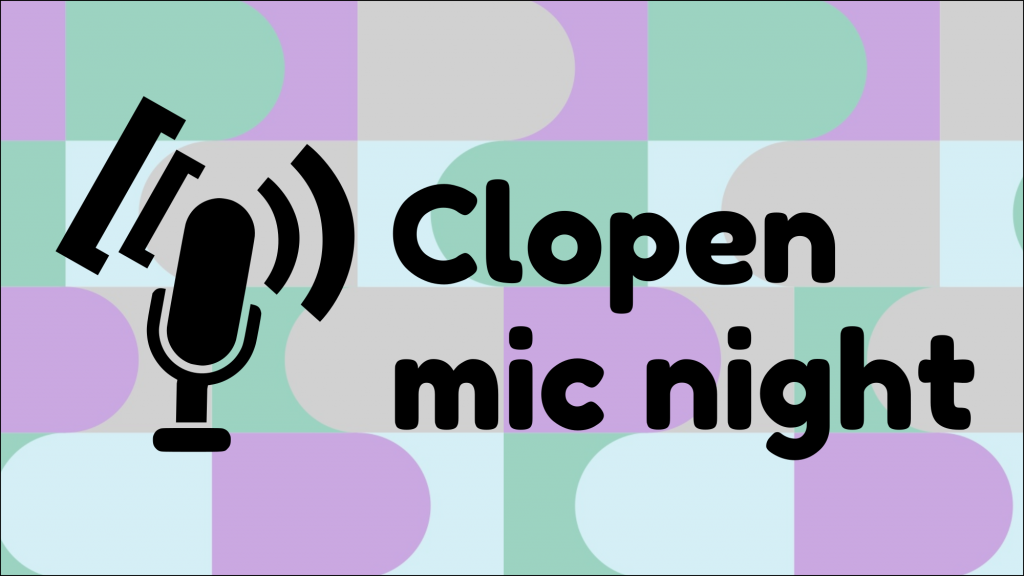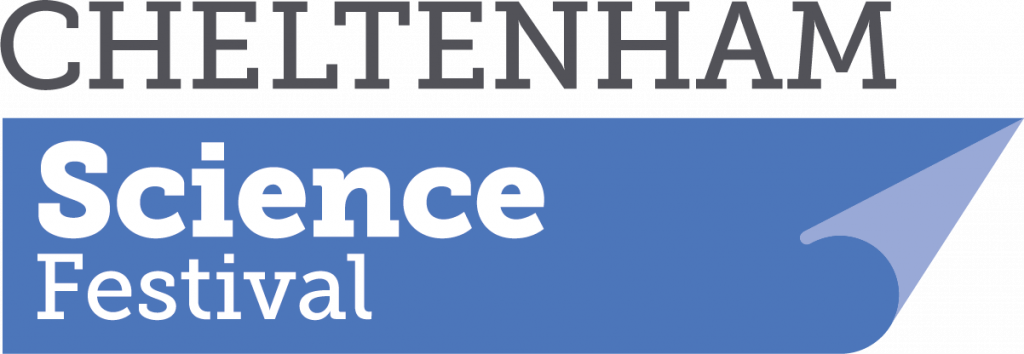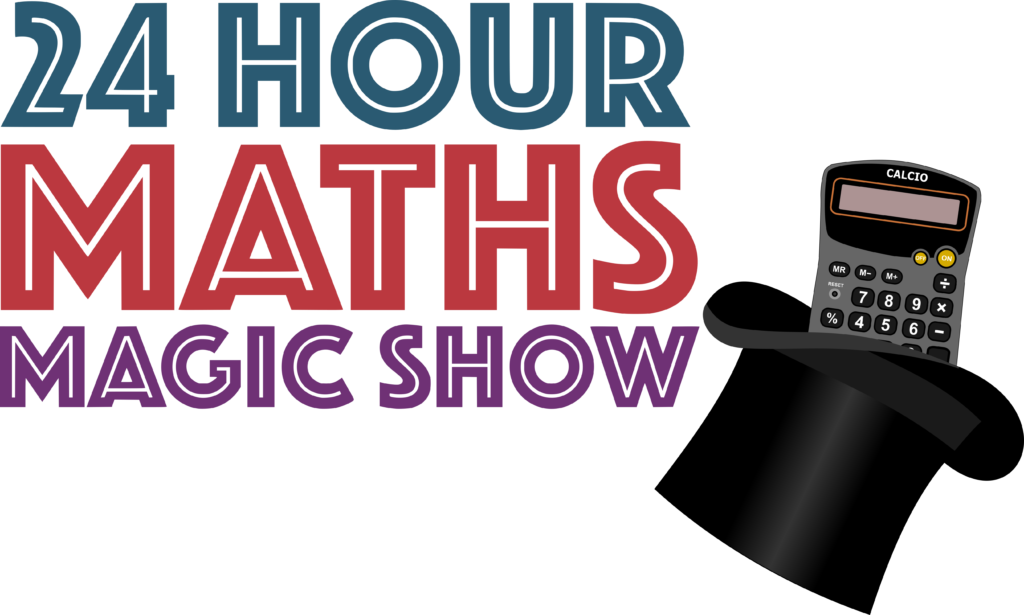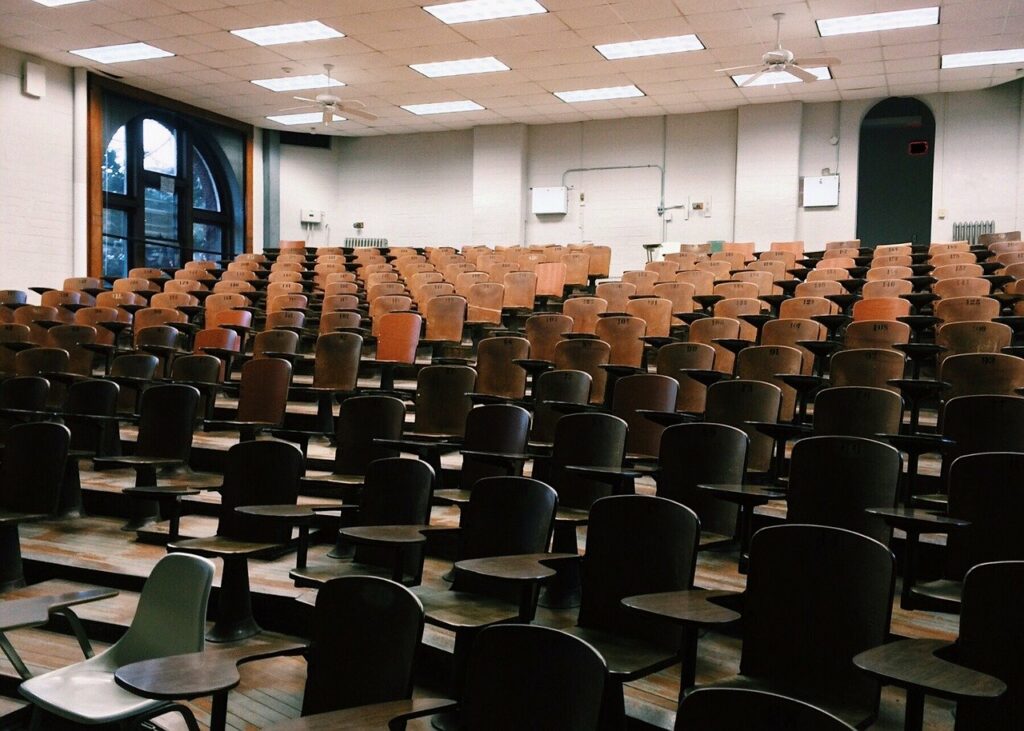The Queen Elizabeth Prize for Engineering celebrates innovation in engineering with an annual prize awarded to some of the world’s top engineers. Starting today, the QEPrize YouTube channel will be hosting a Month of Making, with a video each day supplied by a different STEM person (including some mathematicians!), encouraging you to make, instead of buy, at least one Christmas present this year.
The month has been organised by physics teacher and STEM communicator Alom Shaha (who recently featured on our Mathematical Objects podcast). Alom says:
I want other people to experience the joy I find in “making” by encouraging them to make stuff for the people in their lives. Christmas feels like the perfect time to do this and, with the help of the people behind the Queen Elizabeth Prize for Engineering, I’ve somehow managed to recruit a bunch of incredibly creative and talented people to share some ideas for things you could make. Over the course of the next month or so, from 15 November to 12 December, we’ll be publishing a series of videos with simple instructions for making a range of gifts, from simple machines to pieces of jewellery.
There’s also a competition running to win a copy of Alom’s book, Mr Shaha’s Marvellous Machines, for anyone who makes one of the suggested gifts and shares a photo or video of it with the hashtag #AMonthOfMaking.
More information
QEPrize Supports ‘A Month of Making’ for more sustainable Christmas presents (press release)
Month of Making website: qeprize.org/a-month-of-making





